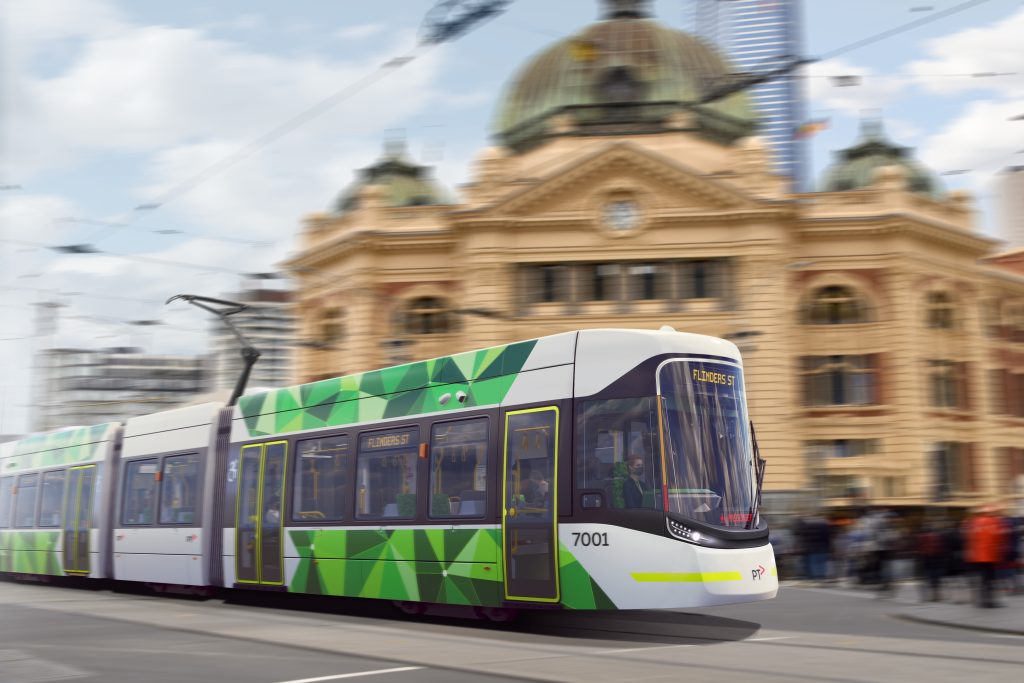As the world’s most integrated transport authority, Transport for London (TfL) in England is used to pushing boundaries when it comes to innovation.
Alongside its quest to ensure public transport and active travel account for 80 percent of all journeys made in London by 2041, the authority is striving for zero transport-related deaths by 2041.
More recently, it has taken a larger step in its decarbonisation agenda, after being asked by the Mayor to target net zero emissions by 2030.
Thomas Ableman, Director of Strategy and Innovation at TfL says the intersection of these three goals presents a number of complexities, but is, nonetheless, confident.
“We began our mission to boost the proportion of sustainable journeys and eliminate transport deaths many years ago. Since then, the climate crisis has accelerated, with the London mayor setting out some clear expectations from us in our collective bid to resolve it.
“Individually, each of these targets is very ambitious, but when you layer them on top of one another, it is quite an enormous feat. Add to that the state of flux the rail sector is currently in after the pandemic and there is a lot we need to consider and be smart about,” said Mr Ableman ahead of his keynote at the Urban Rail Conference.
So, how exactly does the authority plan to achieve its vision?
A fresh look at innovation
“Attracting more people onto public transport means we need to provide as much service as possible – but the service also needs to have the lowest possible carbon impact. Typically, decarbonising involves retreating from operations, but in our case the opposite needs to happen. We are part of the solution, not the problem,” Mr Ableman said.
To this end, TfL is exploring the latest green transport innovations and later this year will launch its 1000th electric bus in the city. The move has already earned London status as a European leader in bus electrification.
Additionally, TfL is working hard to boost the network’s attractiveness as an alternative to the car.
It will soon start the creation of the ‘Superloop’ – a circular bus network that connects hard-to-reach areas of London to railway stations, hospitals and transport hubs faster. TfL is also continuing its work to enhance the accessibility of stations and vehicles for people with disabilities.
“Historically, people with wheelchairs or prams have had a hard time navigating the London transport network, but we are working to improve this every day, by giving more stations step-free access.
“We are also making sure the experience of using a bus or train is an easy and positive one for all. People with neuro-divergence, for example, can experience public transport differently to someone who is neuro-typical, so this is an important consideration as we strive to boost patronage,” Mr Ableman said.
Recognising where it needs help
As part of its innovation push, TfL has had to be realistic about what it can and cannot do on its own. To this end, the authority has sought a variety of partners, including other corporates from various stages of the supply chain.
“We are trying to work as collaboratively as possible. There are a lot of people out there with potential solutions that can help us and we are regularly seeking their solutions to enable us to do things differently and more efficiently while still providing value to our customers,” Mr Ableman said.
Additionally, the organisation is taking measures to boost market activity and innovate with more agility.
“We are running competitions to stimulate the market to go in the direction we need it to. We have also applied new contracting frameworks that will allow us to work with others more flexibly.
“If we want to tackle all three of these ambitious goals, then we need to do things differently to how we have done them before. For us, innovation isn’t just about new technologies. It extends to our processes and strategies too.”
Thomas Ableman is Director of Strategy & Innovation at Transport for London, one of the world’s largest city-wide transport authorities. Thomas is responsible for getting TfL ready for the future: from setting and leading TfL’s strategy through to the testing and adoption of new mobility solutions in London and developing and harnessing innovation to solve TfL’s problems. Previously he founded and scaled venture-backed startup Snap Travel Technology. He started his career at National Express and Chiltern Railways.
Talking more about TfL’s strategy, he will deliver a keynote speech at the Urban Rail Conference hosted by Informa Connect.
This year’s event will be held 18-19 July at the Grand Hyatt Melbourne.
Learn more and register your place here.
